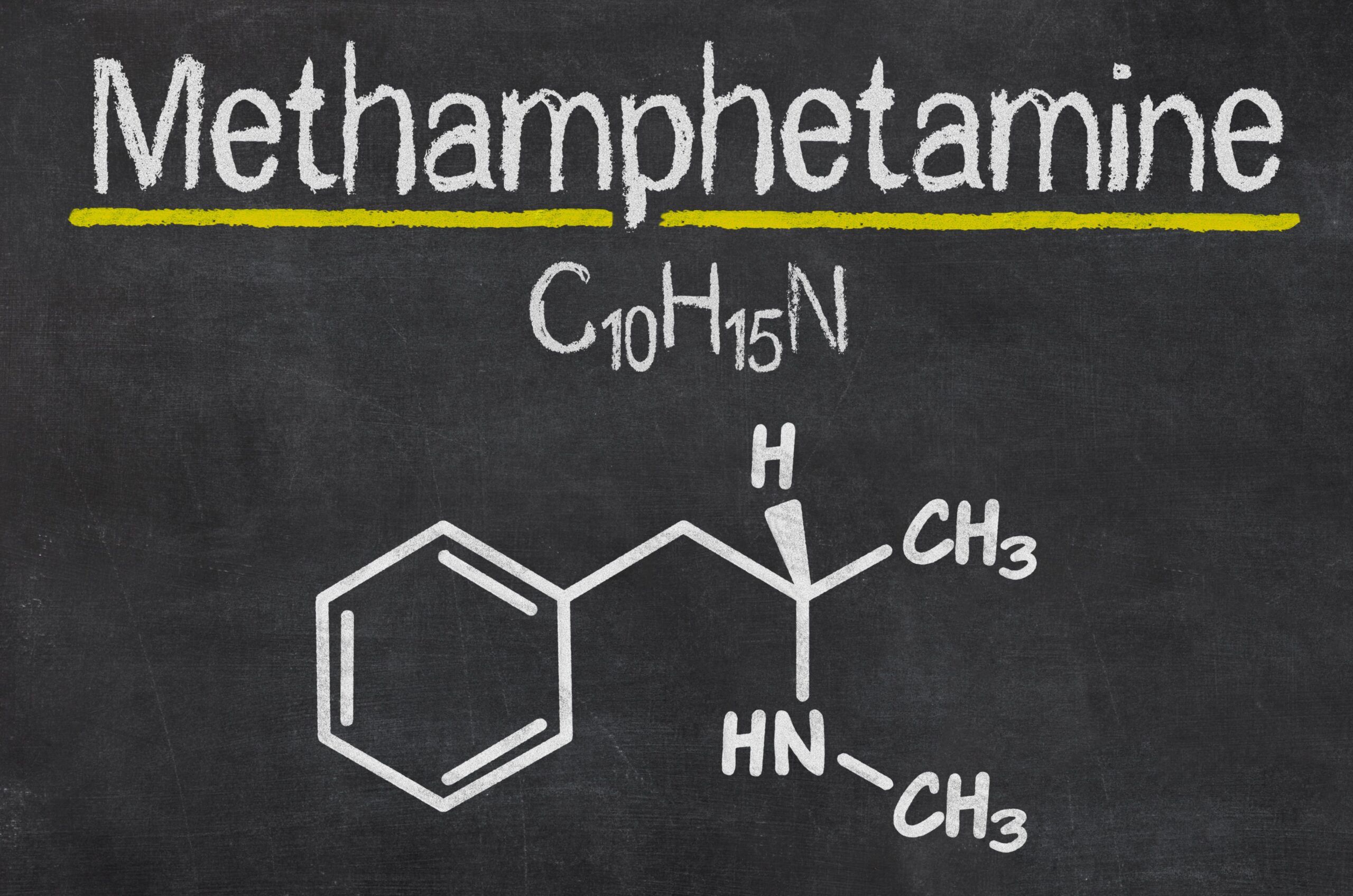How to Tell If Someone is on Meth: Signs of Meth Use
Knowing how to tell if someone is on meth can help identify the problem before the individual experiences severe impacts from its use. It can help to prevent physical and mental health conditions that often occur due to meth abuse.
Identifying the potential use of this drug can aid in the individual getting much-needed help, so they can begin the recovery process. The existence of erratic behavior, hyperactivity, and rapid weight loss can be telltale signs. Knowing the signs and impacts of meth addiction is crucial for understanding the condition.
Dangers of Meth Addiction
The dangers of meth addiction impact both physical and mental health. Physically, meth addiction can contribute to severe weight loss, dental problems, and sores on the skin due to itching and picking. It also leads to an increased risk of cardiovascular problems, including heart attack and stroke. Chronic use of this drug can result in damaged blood vessels in the brain, resulting in cognitive impairment.
This drug also affects an individual mentally. This can include paranoia, anxiety, and violent behavior. With long-term abuse, individuals may have a higher risk of suicidal thoughts or behaviors. Meth addiction can lead to long-lasting changes in mood and behaviors, contributing to the difficulty in recovery from addiction to this drug.
How to Tell If Someone is on Meth: Signs of Meth Use
The signs of meth use can be prominent, both physically and behaviorally. Physically, individuals struggling with this drug often exhibit rapid and severe weight loss, dilated pupils, and increased physical activity. There may also be skin sores and dental issues that become prominent due to a lack of personal hygiene and itching or picking the skin.
Behavioral indicators may include agitation, erratic behavior, and hyperactivity. Paranoia, hallucinations, and delusions can lead to unpredictable and potentially violent behaviors. They may also experience signs of depression and anxiety.
Physical Symptoms of Meth Addiction
There are different physical signs of meth use and addiction, from visible signs like meth eyes (extreme redness) to psychosis and withdrawal. These signs can be easily visible, making identification of the problem easier. Being able to identify these signs can help when it comes to the individual receiving professional help and support.
Meth Sores
People often ask what do meth sores look like? They usually appear as red, inflamed, and usually open ulcers or wounds on the skin. Typically, they result from intense itching, scratching, or picking and are often found on the face, arms, and other body parts. These sores usually become infected due to a lack of personal hygiene and continued picking.
Dental Damage
During meth addiction, using the drug is the most prominent priority. Due to this, users often neglect personal and oral hygiene. This neglect can lead to infections and dental damage. Meth mouth is a term coined to describe this condition. It is characterized by severe tooth decay, gum disease, and tooth loss. Methamphetamine use contributes to dry mouth, reducing saliva which is a natural defense against tooth decay. It is also an acidic substance which leads to enamel erosion and cavities.
Meth Face and Scabs
Meth face refers to the physical signs and effects that the drug has on an individual and their appearance. These effects can include severe acne and sores on the face. These sores can be exacerbated by excessive picking and scratching, leaving scabs and open wounds on the skin. Additionally, meth use can cause premature aging and sunken eyes due to the user’s lack of nutrition and the drug’s stimulating effects.
Psychological and Emotional Effects of Meth Abuse
The impacts of meth on someone’s mental health can be severe. It can contribute to cognitive impairment, including paranoia, hallucinations, and delusions. It leads to mental health conditions such as depression and anxiety and contributes to emotional dysregulation which makes it difficult for someone to control themselves emotionally. With prolonged use, these effects can be long-lasting and make it difficult to recover from meth abuse and addiction.
Long-Term Effects of Meth Addiction
Chronic meth use can result in dental damage and tooth decay. It can lead to skin sores, infections, and a decline in overall physical health. Malnutrition and sleep deprivation contribute to cognitive problems that can occur with long-term meth addiction. Knowing how to tell if someone is on meth can be beneficial in encouraging them to get proper care and support to overcome the addiction. An individual can be affected both physically and emotionally by meth addiction, so identifying a potential problem is crucial.
How Long Does Meth Stay in the System?
The answer to this question varies. Methamphetamine can be detected through different methods for different amounts of time. For instance, in urine, it can be detected for 1 to 4 days after the last use while in blood testing it can be detected for up to 3 days. Saliva has a shorter detection time, up to 2 days while hair follicle testing can detect the presence of methamphetamine for up to 90 days. These time frames can vary based on several factors including metabolism, the amount used, and length of use among others.
Meth Detox Timeline
The meth detox timeline can vary widely based on different factors including metabolism, amount and duration of meth use, and any underlying health conditions. However, in general, someone could begin to feel symptoms within a few hours. These symptoms will include intense cravings, fatigue, and increased appetite.
- Days 3 to 10: Includes a peak in symptoms including insomnia, irritability, depression, and anxiety.
- Weeks 2 to 4: Includes improved mood and energy levels.
- Months 1 to 3: Cognitive abilities should be improved, cravings should be reduced, and recovery can continue.
What to Expect During Meth Withdrawal
Those undergoing withdrawal should expect to feel physical and emotional discomfort. Symptoms can include cravings, nausea, vomiting, diarrhea, insomnia, and fatigue. It is crucial to have proper support through this process to prevent the individual from returning to use of this drug due to the symptoms. Professional, medical detox settings can help make the process more comfortable and help to promote long-term recovery.
Free Yourself and Get Help for Meth Addiction
Meth addiction is ravaging communities across the country. The impacts of this drug are devastating and lead to physical and emotional upheaval in the lives of the individuals who are struggling. There is help available. If you or a loved one have found yourself struggling with meth, Lexington Addiction Center can help. We provide a healing environment where individuals can begin their recovery journey.
Call us today and embark on a path to freedom.



